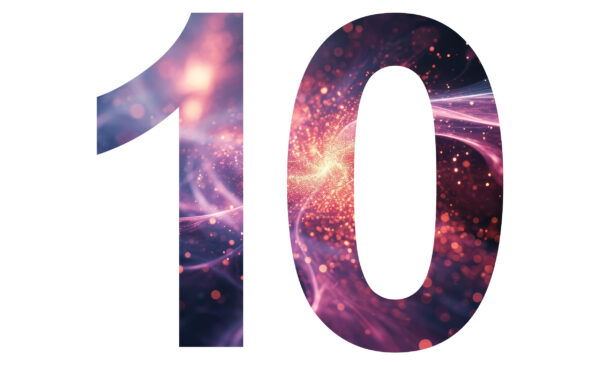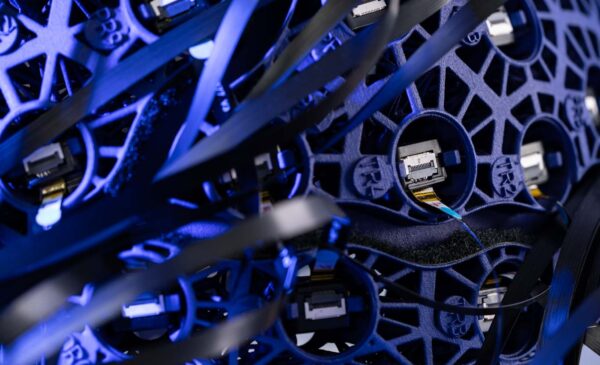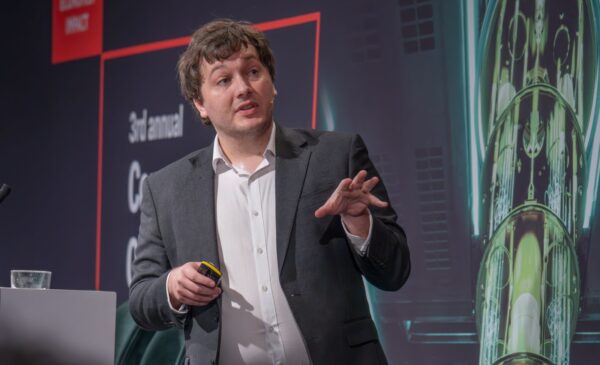The Royal Academy of Engineering (RAE) have awarded Dr Andrew Lamb, Research Fellow at the University of Birmingham-led UK Quantum Technology Hub Sensors and Timing, with a UK Intelligence Community Postdoctoral Research Fellowship to enhance border portal security with quantum technology.
Dr Lamb’s fellowship specifically proposes the development of quantum-enabled ‘gravity portals’ for use at the nation’s borders, helping to significantly increase national security.
These portals will provide a continuous and highly effective sensing capability particularly to prevent the transmission of illegal goods across national borders, which are difficult to detect with current technology. Utilising quantum gravity sensors would provide an inspection capability that enhances existing technology without imposing additional costly delays.
Gravity sensing development at the UK Quantum Technology Hub Sensors and Timing has mainly focussed on civil engineering and geophysical applications, and this project will mark the first time quantum sensors will be exploited for national border security.
The UKIC Postdoctoral Research Fellowships, which are offered by the Government Office for Science and administered by the Royal Academy of Engineering, provide a vital link between academia and the intelligence community. Each awardee receives funding for at least two years of their project and mentorship from a Fellow of the Academy as well as an advisor from the intelligence community.
On being awarded the Fellowship, Dr Andrew Lamb said: “I’m looking forward to furthering my research in a field that not only presents its own unique challenges and opportunities but is also valuable to real-world security. With support from the Academy and the intelligence community this represents an interesting new step in the deployment of quantum technology.”
Dr Simon Bennett, Director for the UK Quantum Technology Hub Sensors and Timing, said: “We are delighted that the RAE have awarded a fellowship to a Hub researcher. This research demonstrates yet another way quantum sensors will help to create a safer and more secure world.”
About the UK Quantum Technology Hub Sensors and Timing
The UK Quantum Technology Hub Sensors and Timing (led by the University of Birmingham) brings together experts from Physics and Engineering from the Universities of Birmingham, Glasgow, Imperial, Nottingham, Southampton, Strathclyde and Sussex, NPL, the British Geological Survey and over 70 industry partners. The Hub has over 100 projects, valued at approximately £100 million, and has 17 patent applications.
The UK Quantum Technology Hub Sensors and Timing is part of the National Quantum Technologies Programme (NQTP), which was established in 2014 and has EPSRC, IUK, STFC, MOD, NPL, BEIS, and GCHQ as partners. Four Quantum Technology Hubs were set up at the outset, each focussing on specific application areas with anticipated societal and economic impact. The Commercialising Quantum Technologies Challenge (funded by the Industrial Strategy Challenge Fund) is part of the NQTP and was launched to accelerate the development of quantum enabled products and services, removing barriers to productivity and competitiveness. The NQTP is set to invest £1B of public and private sector funds over its ten-year lifetime.




